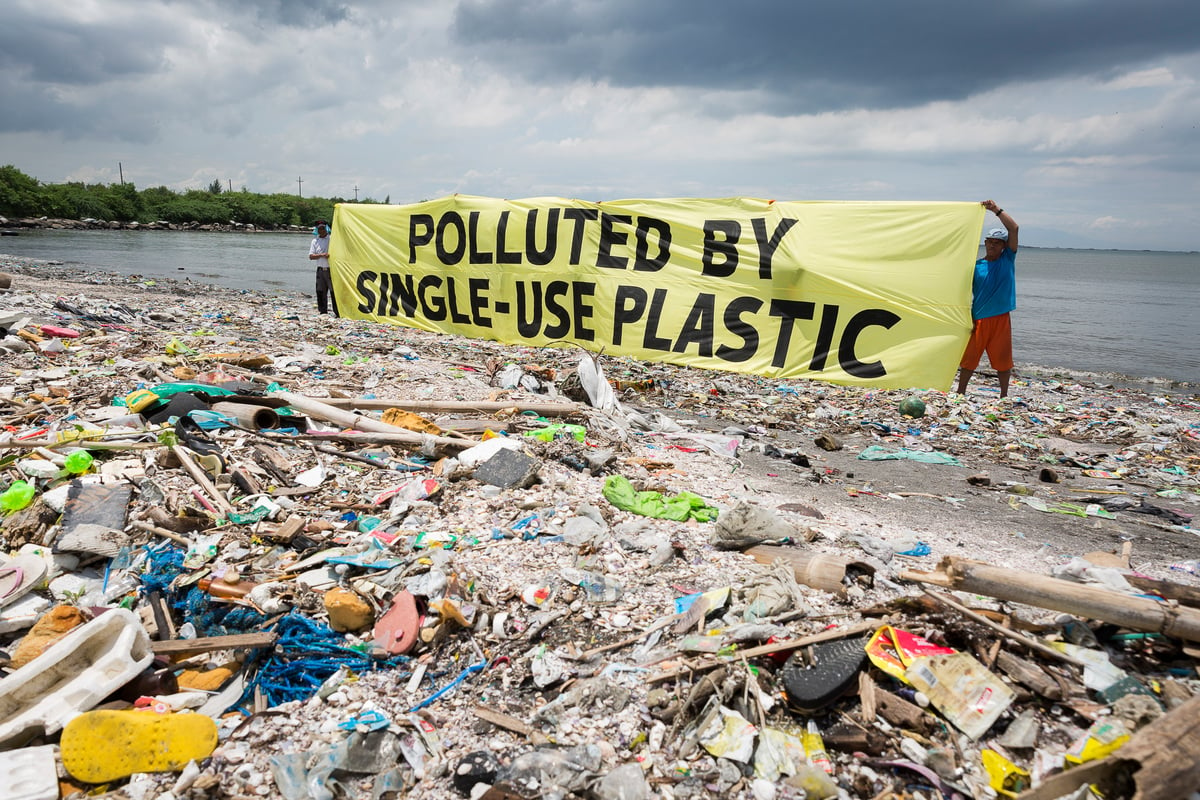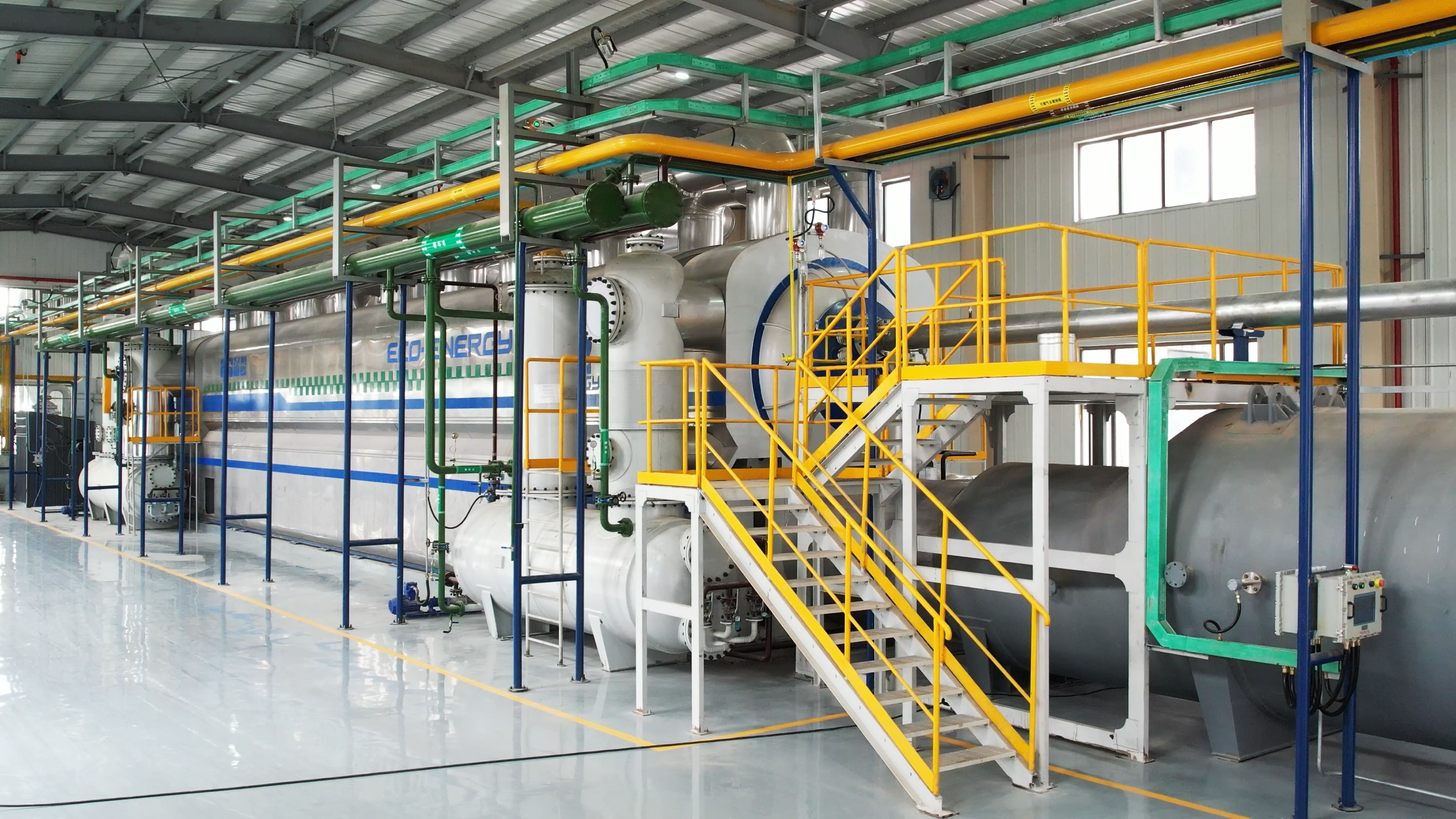Plastic waste is growing at an alarming rate year by year. Only 10% of the 400 million tonnes of plastic produced worldwide each year are recycled, causing at least $13 billion in economic losses to the world’s marine ecosystems each year.
The impact of plastic waste on the environment is no less than any other environmental pollution problem. The recycling of waste plastics is often mentioned, but not all commonly used plastics can be reprocessed. This means that even if all businesses recycle all the plastic they produce, a significant portion will still turn into garbage.

Most recyclable plastics are mechanically processed to break down into pellets that can be remanufactured into new plastic products, such as packaging materials, seats or clothing. However, the process is not suitable for plastic films, pouches and other laminates, so these materials are sent to landfills or incinerated.
So what to do with these hard-to-recycle plastics, which account for nearly 40% of the total? One way to do this is chemical recycling. This method can turn waste plastic into fuel oil.
Chemical recycling is not a new method, but there are still many problems so far. How to collect and transport a large amount of small and light plastic waste or waste plastic mixed with various impurities to centralized treatment plants has always been a problem plaguing this industry. Due to the low price of raw materials and the low added value of recycling, there is insufficient incentive to establish the necessary recycling network.
Chemical recycling is theoretically a good solution for the circular economy. It links the terminal and the source to recycle plastic waste on a large scale, turning it into a source of raw materials for petrochemicals, allowing resources to circulate as much as possible in a closed loop, which is a new model for solving the crisis.
In the field of chemical recycling of waste plastics, China has always been at the forefront of the world, and the development trend of the industry is in a rapid upward stage. The industrial continuous waste plastic pyrolysis technology and equipment developed by Niutech won the National Science and Technology Progress Award. The pyrolysis equipment can convert low-value waste plastics decompose into high-value pyrolysis oil.

The emission of pyrolysis equipment fully complies with the environmental protection standards and conforms to the requirements of circular economy. At present, this waste pyrolysis technology has been successfully applied to more than 20 countries, including Asia, Europe, the North America and South America, and has achieved widespread attention and recognition in the field of environmental protection in the world.
Email: sales@niutech.com Tel:86 531 86196301


No comment